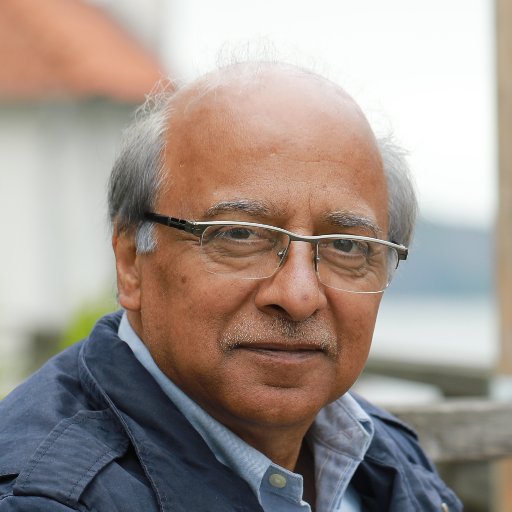Imtiaz Gul

November and December were nerve-wrecking months for Pakistan. In late November the meanwhile former Chief Justice Asif Saeed Khosa entertained a petition challenging the extension of the incumbent army chief General Qamar Javed Bajwa. This event rocked both the government and the General Headquarters (GHQ) to the core, electrifying the country with a tense 48 hours of acute uncertainty.
In mid-December, a special court handed former president General Pervez Musharraf death sentence under the Constitution on account of high treason. Most political parties hailed the split 2-1 verdict but the GHQ reacted furiously over an extremely contentious part of the judgement by Justice Waqar Seth:
“We direct the Law Enforcement Agencies to strive their level best to apprehend the fugitive/convict to ensure that the punishment is inflicted as per law and if found dead, his corpse be dragged to the D-Chowk, Islamabad, Pakistan and be hanged for 03 days”.
These four lines overshadowed the exceptionality of the ruling, i.e., the first time a coup-maker had been awarded a sentence that the constitution prescribes for such an act. Regardless of the outcome of multi-layered the appeals, this is a good omen for the enforcement of the rule of law. Even the call on government to clearly define rules on the army chief’s extension/reappointment by May 2020 marks another big step in Pakistan’s quest for establishing civilian supremacy over the armed.
Another brazen incident that sent shockwaves across Pakistan and abroad was the lawyers’ brutal assault on the Punjab Institute of Cardiology (PIC) on December 11, which resulted in the deaths of four under-treatment patients. The hooligans in black coats ransacked the facility, causing extensive damage to public property. Even more distressing were the skewed justifications that veteran lawyers such as Hamid Khan and Raza Rabbani offered. It was a blatant attempt to deflect from a universal norm: even during wars hospitals are treated as a sacrosanct facility open even to combatants.
Fortunately, there were other law practioners – including at lease five dozen senior lawyers – who formally condemned the attack and called for severe punishment for the perpetrators.
As these events at home gave us pause, mass protests over the controversial Citizenship Amendment Act (CAA) raged next door in India, resulting in the loss of about two dozen lives (as of December 22).
The month of December was equally dramatic worrisome too for the United Kingdom which saw a massive voter swing to the right – the largest electoral mandate in over three decades. The thumping majority that the Conservatives won also laid to rest the lingering Brexit debate.
With President Trump turning the heat on China, issuing sanctions on Russia and Turkey, and excited over Johnson’s victory, the year 2020 will likely offer more tension and unpredictability in geopolitics. The situation at home – relentlessly simmering turf wars among institutions and the joint anti-establishment-anti-PTI opposition is also likely to keep us all on teterhooks, unless the embattled prime minister finds a solution to his governance woes and a counter to the allied opposition parties.



